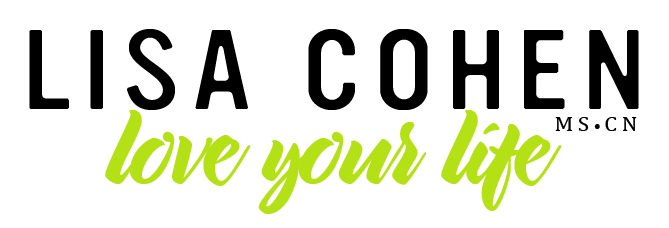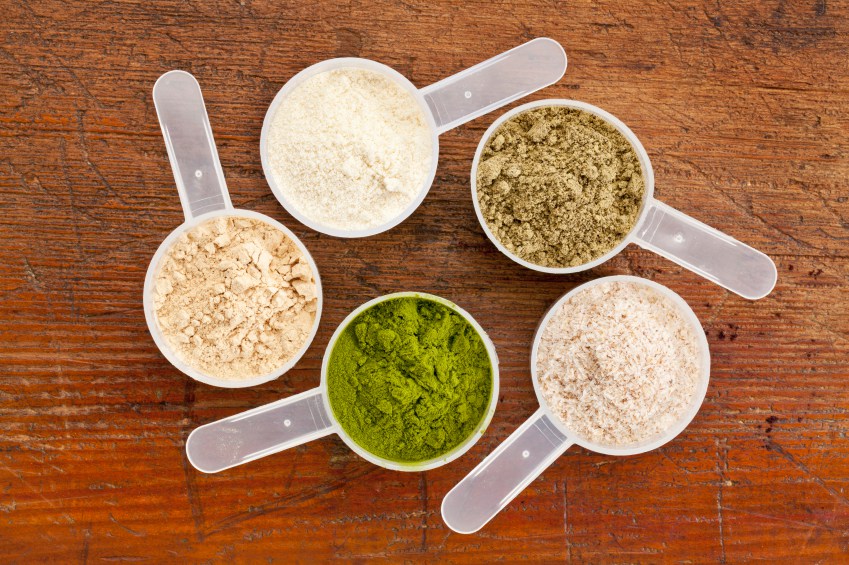The Scoop On Protein Powders
/I get a lot of questions about the different types protein powders from my clients, so I thought I would address those questions on my blog today!
First of all:
Protein is an essential nutrient that your body needs to grow, repair itself, and keep you strong. It can help you manage your weight, as well as improve immune function and exercise recovery. Protein is also important for making enzymes, hormones, and other important chemicals that your body needs. Protein is known to be an important building block of bones, muscles, cartilage, skin, and blood.
If you choose to use a protein powder supplement, remember you get what you pay for. Choosing a “cheap” protein powder likely means that you are getting higher amounts of artificial ingredients, fillers, sugar, and other additives. Always read the label carefully.
Choosing the best protein powder for you:
Whey Protein Whey is one of the most popular protein powders on the market today. Whey protein comes from dairy food sources. It is a complete protein and contains all nine essential amino acids. Whey is also one of the greatest foods for boosting cysteine and glutathione, potent antioxidants that help to protect the body from toxins. Whey protein is a significant source of branched chain amino acids (BCAA). BCAA’s have been proven to increase muscle mass and strength, while promoting body fat loss.
When purchasing a whey protein, the best choice is Whey Protein Isolate (WPI). This form of whey has a protein content of about 90-95%, with minimal lactose and fat, and is the least processed form of whey protein. Avoid Whey Protein Concentrate (WPC), as it is highly processed, and can contain impurities.
Check out my favorite product here. Protein Powder
Soy Protein
Soy protein is made from soybeans, and is one of the few plant-based protein powders that contain all nine essential amino acids. Soy protein powders are made after whole soybeans have been hulled, dried, and then turned into soy flour. Soy protein is rich in high amounts of beneficial amino acids. However, it is also controversial as soy products are often genetically modified. Choose a soy protein powder that is clearly labeled NonGMO.
Pea Protein
This is a good protein choice for both vegetarians and vegans. This type of protein usually doesn’t have many additives or artificial ingredients, so it’s one of the few protein powders that is as close to the whole food source as possible. It is also free from soy, gluten and lactose, so it is a great choice for people with food allergies. Your body can absorb pea protein quite easily and it has a high amount of protein content for a plant-based protein, making it a good choice for those wanting to stay away from animal products.
Rice Protein
As its name suggests, rice protein comes from rice, commonly brown rice. While it does contain protein, the fact that rice is a grain means that it has a higher carbohydrate content in comparison to other protein powders. However, it is a suitable choice for vegans and vegetarians.
Unlike whey and soy, pea and rice proteins do not contain all nine essential amino acids. If you are vegan and planning on using either of these as supplements, you will need to incorporate other protein-rich foods to make sure you are meeting all of your body’s needs. This also illustrates why protein powders should not be used to replace whole foods, but only to compliment a healthy diet.
Want to lose weight, get healthy, and transform your life? Sign up for my newsletter and get weekly tips, tricks, and support from me!



